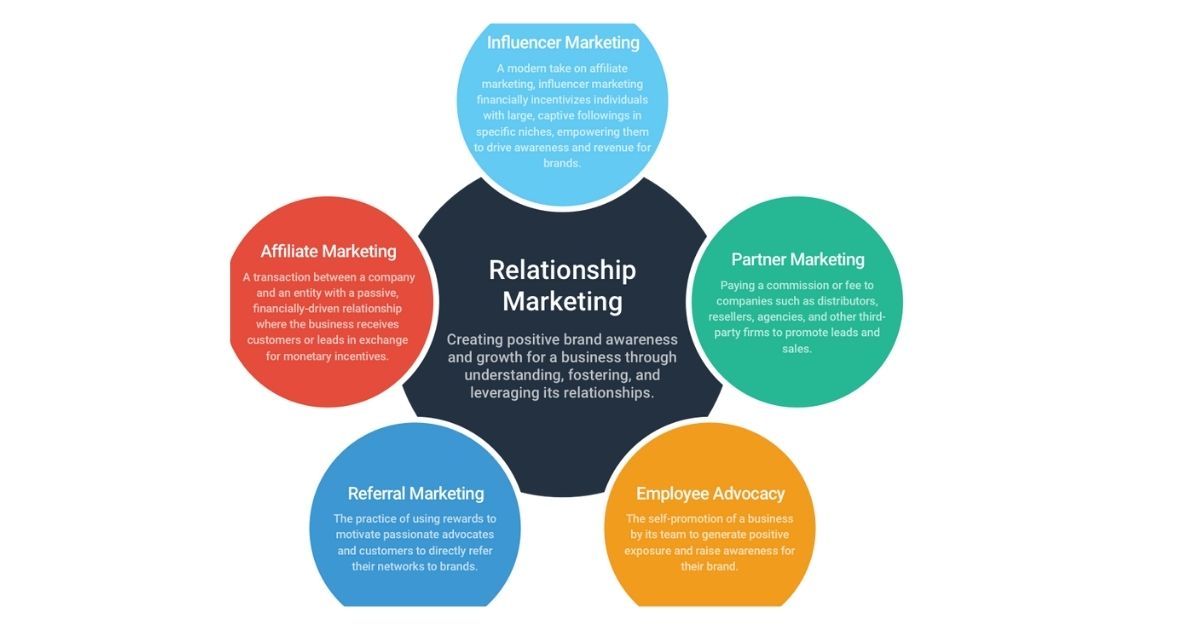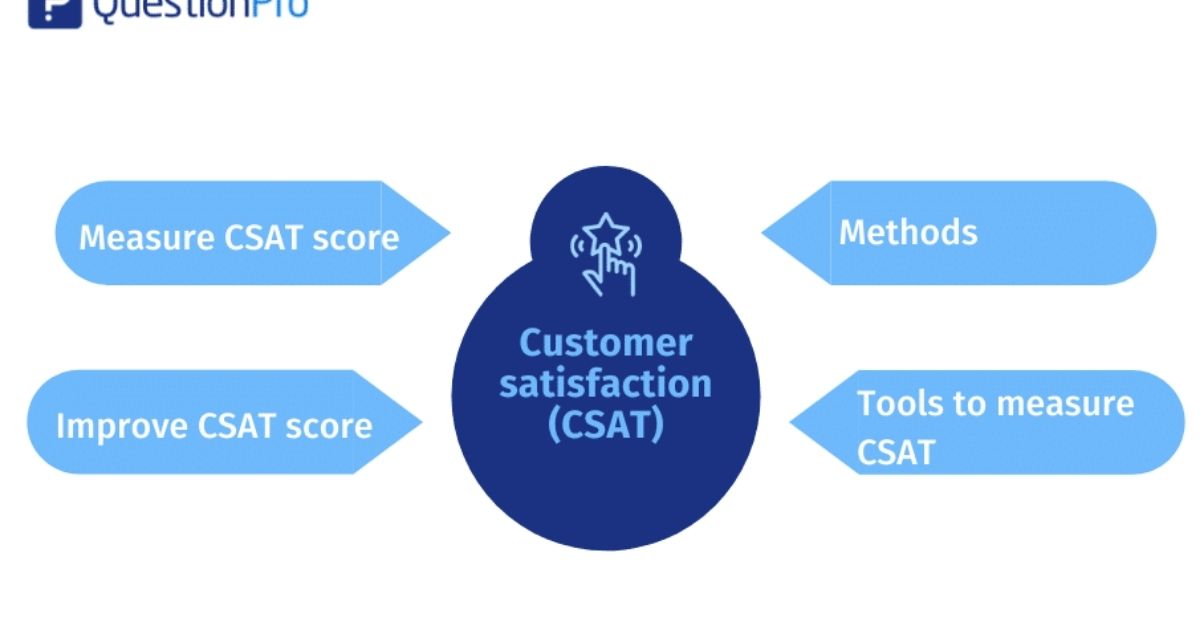Are you searching for the key to successful relationship marketing? Look no further. In this article, we will delve into the concept that is most consistent with a relationship marketing strategy. By understanding the importance of customer relationship management, implementing personalization and customization, building trust and credibility, leveraging technology, and measuring customer engagement, you will discover the path to creating meaningful connections with your audience. Join us on this journey and unlock the secrets to fostering strong and lasting relationships.
Key Takeaways
- Importance of Customer Relationship Management (CRM) for building and maintaining strong customer relationships
- Personalization and customization in marketing efforts foster a sense of belonging and loyalty
- Building trust and credibility with customers through consistent delivery and excellent customer service
- Leveraging technology for effective relationship marketing through automated email campaigns and targeted communication
Understanding the Importance of Customer Relationship Management (CRM)
You need to understand the importance of Customer Relationship Management (CRM) in order to effectively implement a relationship marketing strategy. CRM implementation is crucial for businesses that want to build and maintain strong relationships with their customers. By utilizing CRM systems and strategies, companies can gather valuable customer data, track interactions, and personalize their marketing efforts.
This enables businesses to create targeted customer loyalty programs that foster a sense of belonging and encourage repeat purchases. CRM implementation allows businesses to identify and reward loyal customers, leading to increased customer satisfaction and retention.
CRM helps businesses improve customer service by providing a centralized database of customer information and enabling efficient communication. By understanding the importance of CRM, companies can leverage this powerful tool to enhance their relationship marketing strategies and ultimately drive growth and success.
Implementing Personalization and Customization in Marketing Efforts
To effectively implement personalization and customization in your marketing efforts, it is important to understand the preferences and needs of your target audience. By utilizing data analytics, you can gain valuable insights into their behaviors, interests, and purchasing patterns.
This information allows you to create targeted messaging that resonates with your customers on a personal level. Personalization involves tailoring your marketing campaigns to specific individuals, ensuring that each customer feels seen and valued.
Customization takes personalization a step further by allowing customers to have a say in their experience, whether it’s through product recommendations or the ability to customize their purchases. By implementing personalization and customization, you can foster a sense of belonging and loyalty among your customers, ultimately driving sales and building long-term relationships.
Building Trust and Credibility With Customers
Building trust and credibility with your customers is crucial in fostering strong and lasting relationships. When customers trust your brand and believe in its credibility, they are more likely to become loyal customers and advocate for your business through word of mouth marketing.
To build trust and credibility, it is important to consistently deliver on your promises, provide excellent customer service, and maintain open and transparent communication. By doing so, you show your customers that you value their trust and are committed to their satisfaction.
This not only leads to increased customer loyalty but also encourages them to recommend your business to others, amplifying your word of mouth marketing efforts. By prioritizing trust and credibility, you can create a strong foundation for long-term customer relationships.
| Building Trust and Credibility With Customers | ||
|---|---|---|
| 1. Consistently deliver on promises | 2. Provide excellent customer service | 3. Maintain open and transparent communication |
Leveraging Technology for Effective Relationship Marketing
One way to leverage technology for effective relationship marketing is by utilizing automated email campaigns. With the advancement of technology integration, automated email campaigns have become a powerful tool to nurture relationships with customers and enhance customer retention. Here are two sub-lists explaining how automated email campaigns can benefit relationship marketing:
- Personalization and customization:
- By using customer data, you can send personalized emails that resonate with your customers’ needs and preferences.
- Customizing the content and timing of your emails can help create a personalized and tailored experience for each customer.
- Targeted communication:
- Automated email campaigns allow you to segment your customer base and send targeted messages to specific groups.
- By delivering relevant content and offers to the right audience, you can increase engagement and strengthen the relationship with your customers.
Integrating technology into your relationship marketing strategy through automated email campaigns can significantly improve customer retention and drive long-term success.
Measuring and Analyzing Customer Engagement and Satisfaction
Are you utilizing surveys to gather feedback and measure customer engagement and satisfaction? If not, it’s time to consider the importance of measuring and analyzing customer engagement and satisfaction in building customer loyalty and improving customer retention.
Surveys provide valuable insights into the overall satisfaction of your customers, allowing you to identify areas for improvement and make informed business decisions. By understanding what drives customer engagement and satisfaction, you can tailor your marketing strategies to meet their needs and expectations, ultimately leading to increased customer loyalty and retention.
Analyzing survey data also enables you to track changes in customer satisfaction over time and identify trends that may impact your relationship marketing efforts. So, don’t miss out on the opportunity to gather feedback and gain valuable insights to enhance your relationship marketing strategy.
Frequently Asked Questions
How Can Relationship Marketing Benefit a Company in Terms of Customer Retention and Loyalty?
To benefit from customer retention and loyalty, relationship marketing focuses on building strong connections with your customers. By prioritizing customer satisfaction, you can increase long-term profitability and create a sense of belonging that keeps customers coming back.
What Are Some Common Challenges That Businesses Face When Implementing a Relationship Marketing Strategy?
When implementing a relationship marketing strategy, businesses often face common challenges. These challenges can impact the benefits derived from such a strategy. It’s important to understand and overcome these challenges to maximize success.
How Can Personalization and Customization Enhance the Effectiveness of Relationship Marketing Efforts?
To enhance your relationship marketing efforts, personalized communication and customized offers are key. By tailoring your messages and offers to fit each individual customer’s needs and preferences, you can build stronger connections and foster a sense of belonging.
What Are Some Key Factors That Contribute to Building Trust and Credibility With Customers?
Building strong rapport and effective communication are key factors in building trust and credibility with customers. By connecting on a personal level and consistently delivering value, you can create a sense of belonging and foster long-term relationships.
How Can Technology Be Leveraged to Effectively Implement a Relationship Marketing Strategy?
To effectively implement a relationship marketing strategy, leverage technology. Use data analytics to gain insights into customer behavior and preferences. This allows you to personalize interactions, build trust, and create a sense of belonging with your customers.
Conclusion
In conclusion, leveraging technology for effective relationship marketing is the most consistent concept with a relationship marketing strategy. By utilizing technology tools, businesses can better understand and cater to customer needs, personalize marketing efforts, and build trust and credibility.
Furthermore, measuring and analyzing customer engagement and satisfaction allows for continuous improvement and optimization of marketing strategies. So, why settle for generic marketing tactics when you can harness the power of technology to create meaningful and lasting relationships with your customers?











